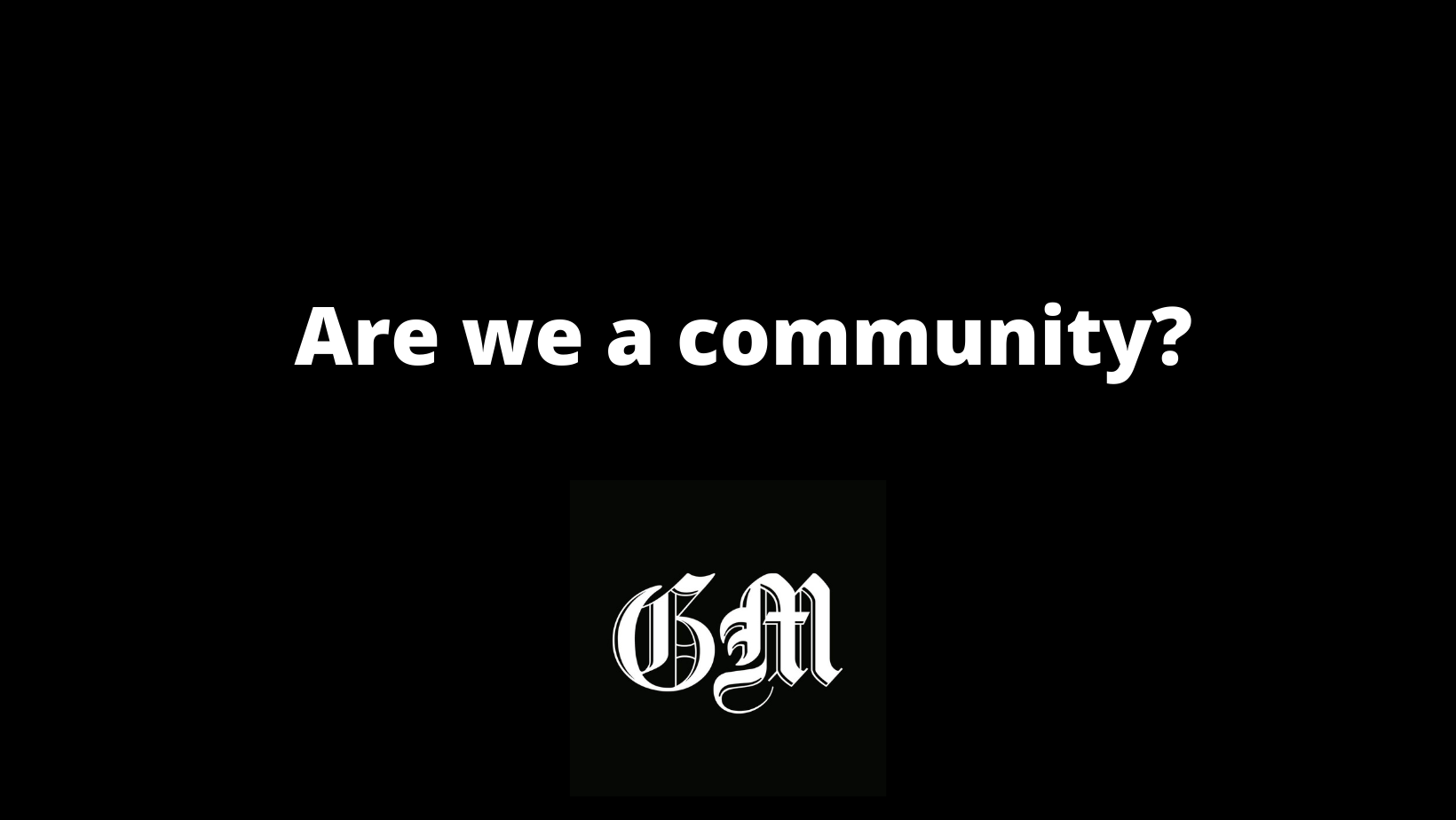By ROD AMNER and NYX MCLEAN
Community is not a given thing. Living in the same town may mean you are part of a geographical community, but it does not mean that you are in community with each other.
Makhanda is fragmented. If we are a community at all, we are a community of communities—small pockets of belonging here and there, often in conflict with each other. If we disagree on issues, this does not mean that we need to lose our sense of belonging with each other. Instead, we need to find a way to allow for different values and politics to co-exist without infringing upon each other.
Terry L. Cooper’s (2011) concept of ethical community is helpful here. Ethical community positions ethical principles and values as central to the formation and maintenance of a community.
Cooper proposes the following six steps for building an ethical community:
- The community must emphasise the interdependent areas of their lives;
- Ethical discussion and debate must be central to the process;
- Public officials should reconsider their roles and obligation to the community;
- Public officials must create the space for deliberation over the interdependent areas of life mentioned in the first step;
- Members must acknowledge that building an ethical community will entail unavoidable conflict that must be engaged with; and lastly
- Long-term engagement is vital to the process, members must recognise that the formation of an ethical community will not come about immediately.
This is key. We need to recognise the interdependent areas of our lives, and we must have ethical discussions and debates around this. But also, as we see in steps 3 and 4, public officials are critical to this process. Sadly, public officials are not very present in our fragmented community for this work. There are, however, some very active councillors. While we at Grocott’s Mail recognise their work, we also recognise the absence of their peers in having conversations with their constituents and the rest of Makhanda – we are, frankly, tired of asking for comment and engagement and receiving no feedback or response.
Perhaps we can ask you as fellow citizens of Makhanda to help here. If you have a ward councillor who is actively engaging with you, please send us an email at grocottscommunity@ru.ac.za to know who is working with and for Makhanda.
We are under no illusion that community can be achieved instantly; we know that community building and maintenance require work and sustained effort. It is not easy work, but it is necessary work – and we need to start by bringing everyone to the table.
If councillors don’t create the space for engaging with us, we need to make the space ourselves. If you are in a ward where your councillor is mainly silent, please look them up, call them or text them on the numbers they have provided (you can find these in the article on ward committees), or email them. Please create your own WhatsApp group and add your councillor to it. And then let us at Grocott’s know about this to also participate in these groups.
We do not need to wait for someone to begin a conversation and invite us in; we can drive our discussions and bring councillors in. Flip the script and call your councillors into conversation with you, moving them towards action.
Ward committee elections are happening soon; consider getting involved there. If we are to see change, we need to, as ordinary citizens, start participating and engaging at this level. It is here, at the ward level, where democracy plays out.
As Cooper writes in his steps towards ethical community, it will take time, but if we do not begin this, where will we be in the next year, let alone the next few weeks?
Every day, we see the damage wrought by the lack of care for this town and its people from those with the power to manage its upkeep. We have forgotten our civic capacity, and it is time we changed that.


